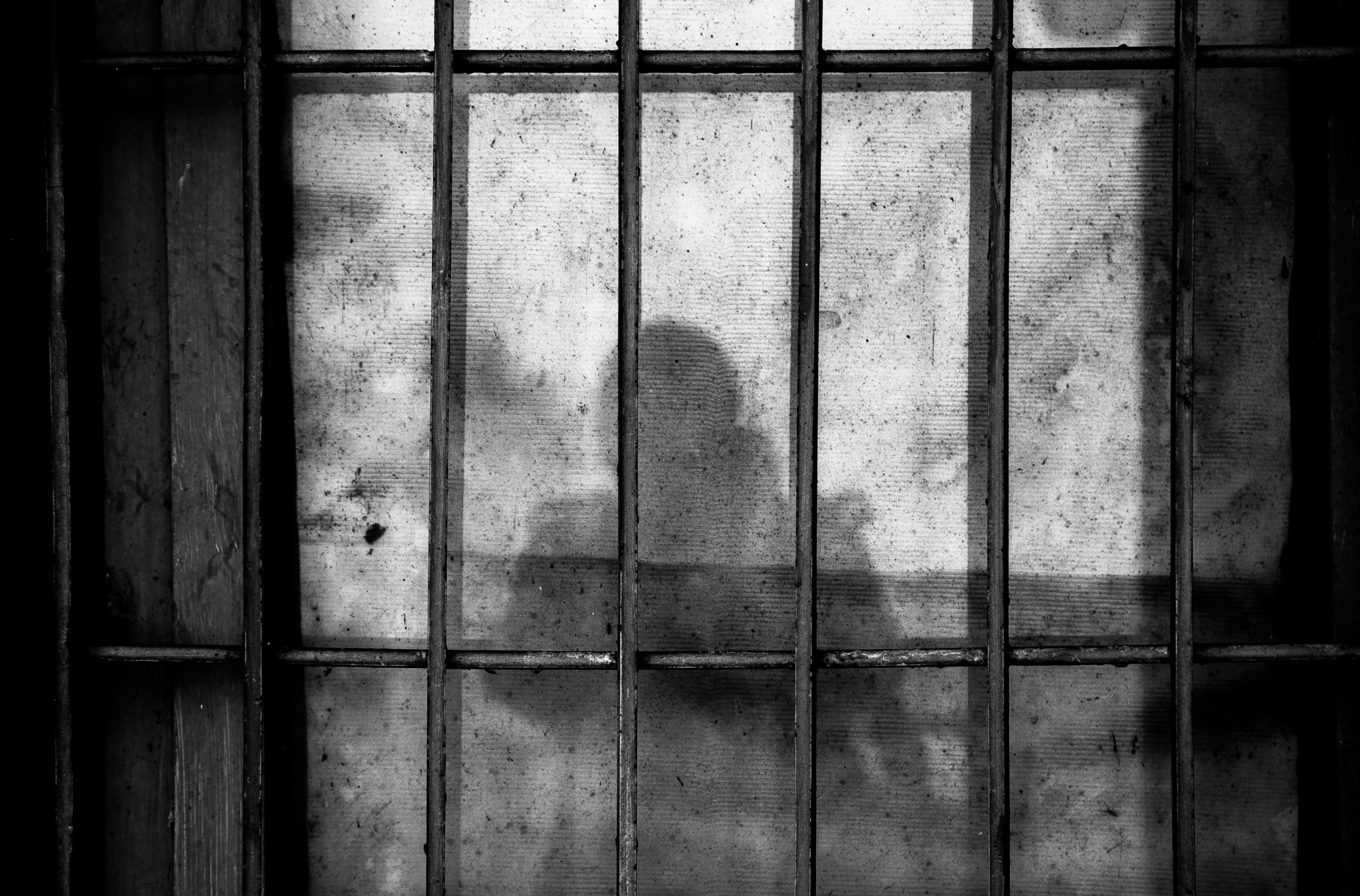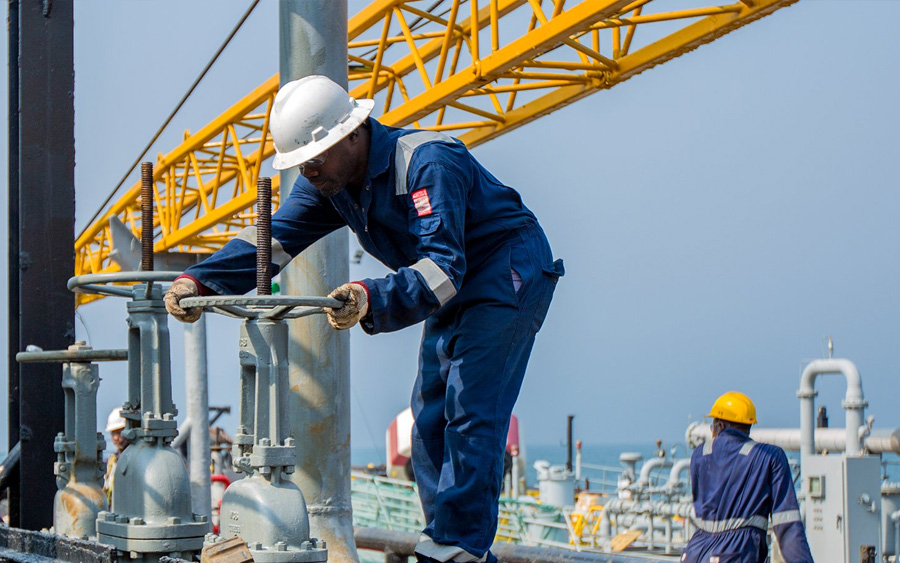The inmate hunger strike at France’s Vendin-le-Vieil prison is a direct and predictable consequence of a “tough on crime” political agenda that prioritizes optics over effective prison management.
By creating a high-security prison for a select group of “dangerous drug traffickers” and imposing what are, by all accounts, exceptionally harsh and isolating conditions, Justice Minister Gérald Darmanin has created an environment ripe for unrest. The government’s claim that the inmates are merely upset about losing control of their criminal enterprises misses the point entirely.
This is a classic example of a punitive-first approach that ignores the very real psychological toll of extreme isolation and the potential for a blowback of violence. The Vendin-le-Vieil prison is a powder keg, and the hunger strike is the first sign that it’s about to explode.

The Flawed Logic of ‘Supermax’ Prisons
The French Justice Ministry’s decision to group the country’s most notorious criminals in a “Supermax” style facility is a deeply flawed strategy. While the goal of cutting off communication with the outside world is laudable, creating what critics have called a “networking club for billionaire narco-traffickers” and pushing them to the brink of despair through isolation and a complete lack of physical contact with visitors is an inhumane and counterproductive policy.
The conditions—including being locked in a cell for 23 hours a day with no opportunity for intimate contact with family—are so severe that they not only raise serious human rights concerns but could also lead to a dangerous radicalization of a group of highly intelligent and resourceful individuals. The state’s assertion that it “will not give in” to inmate demands is a political stance, not a long-term strategy for a safe and humane prison system.
Why It Matters
To prevent this situation from escalating into a full-blown crisis, the French government must shift its focus from political posturing to a more nuanced and effective approach to corrections. First of all, they must transparently and humanely address the inmate’s demands, which are reportedly related to their brutal detention conditions, instead of summarily dismissing them.
While violent criminals deserve to be punished, their basic human rights, as defined by international law, must be respected. Additionally, France must invest in prison reform that focuses on reducing overcrowding and providing educational and rehabilitative programs that are proven to lower recidivism rates, rather than building more isolation-based facilities that only breed resentment.
Lastly, France needs to recognize that a successful anti-trafficking policy requires more than just locking up the criminals; it requires a comprehensive social and economic strategy to address the root causes of drug use and the organized crime that profits from it.

















